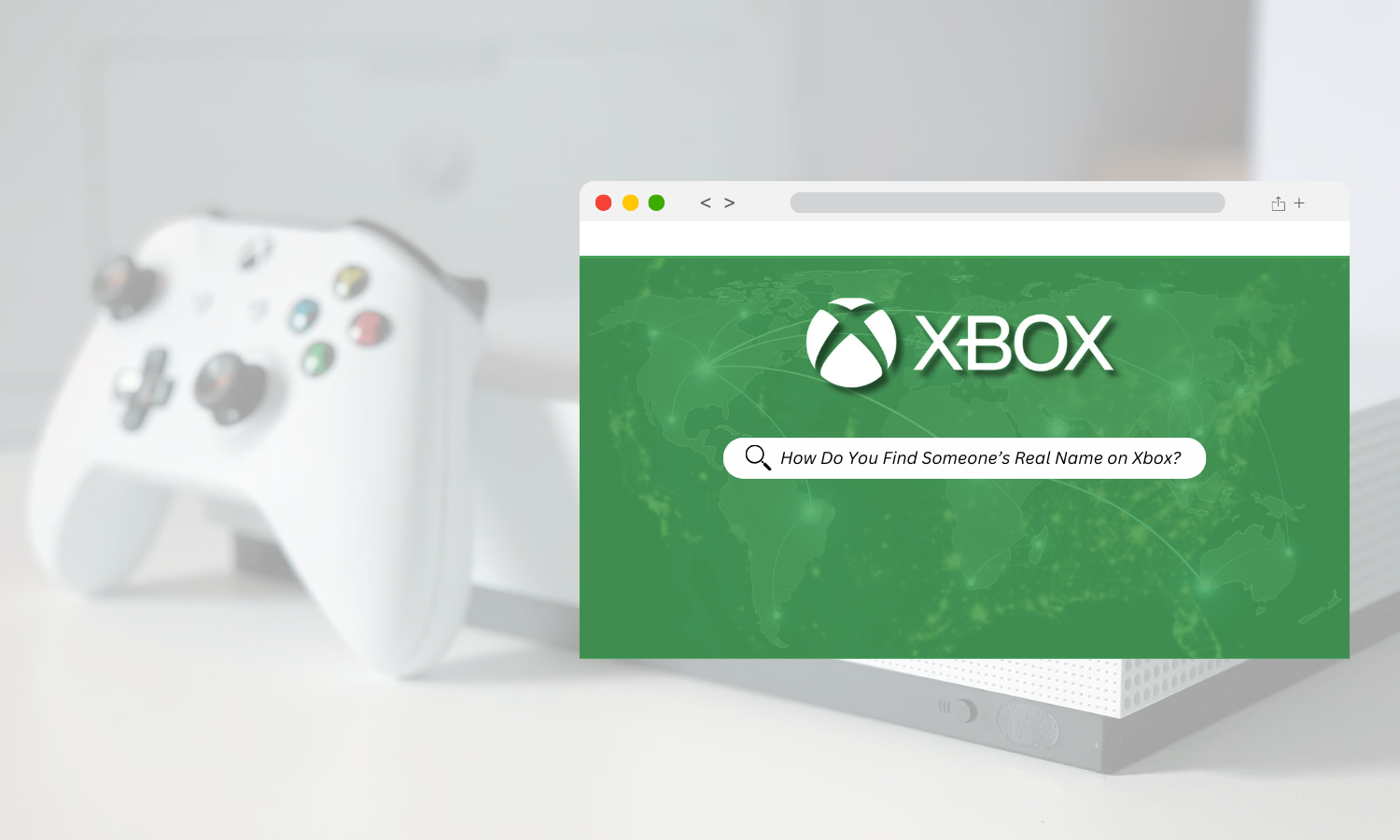

Updated · Jan 10, 2024
Updated · Aug 24, 2023
Raj Vardhman is a tech expert and the Chief Tech Strategist at TechJury.net, where he leads the rese... | See full bio
April is a proficient content writer with a knack for research and communication. With a keen eye fo... | See full bio
In this digital era, 5.16 billion Internet users can easily acquire and share information.
However, the Internet’s accessibility and convenience also come with risks. In 2022, more than 422 million people in the US were reported as victims of data compromises.
Adding another security layer for your online privacy is a great decision. This is where a proxy server comes into play.
Continue reading to learn about a proxy server — its types, pros and cons, and history.
|
🔑Key Takeaways:
|
A proxy server is an intermediary that connects your PC and other gadgets to the Internet.
Say you requested access to a website or any online resource. The request goes through the proxy server first instead of directly connecting to the website.
The proxy server works on your behalf and establishes a connection with the website, retrieving the information you requested.
This system is used to protect identities and maintain privacy online. It can also bypass restrictions and improve internet speed.
In schools or workplaces, proxy servers block access to certain websites deemed inappropriate for these settings. It can also balance internet traffic by dividing the load among several servers. This prevents any single server from becoming overloaded.
|
💡Did You Know? Each proxy error has corresponding classifications and codes. They are grouped into 5 classes, indicating the nature of the response code. The codes are:
|
There are different types of proxy servers. Each type has unique features and works differently. It’s essential to understand the use of each one to know which suits your needs.
Here are the common types of proxy servers:

A forward proxy is a server between clients on an internal network and the Internet. It forwards the clients’ requests and receives the corresponding responses on their behalf.
The primary purpose of a forward proxy is to facilitate and control the data flow between clients and external servers.
A reverse proxy is at the forefront of web servers, forwarding requests from browsers. It helps balance the load of incoming requests for popular websites.
Also called "distorting proxies,” anonymous proxies hide your Internet Protocol (IP) address by providing a fake one to websites.
It offers partial anonymity by revealing the use of a proxy. Websites can identify these proxies, leading to potential blocks.
Smartproxy is a top-rated proxy provider trusted by many. Its 40 million+ proxies from 195+ locations help bypass CAPTCHAs, geo-blocks, and IP bans. It offers a free trial and has a high rating of 4.7 on Trustpilot with 89% 5-star ratings, making it one of the best in the industry.
High anonymity proxies are also called elite proxies. It provides the highest level of anonymity.
This proxy type hides your IP address and ensures your identity remains concealed. It does not tell the server you’re connecting to that you’re using a proxy.
Transparent proxies offer no privacy to users. They reveal the user’s IP address and keep the proxy IP visible.
These are typically set up on the server side to manage website traffic. Users are often unaware that their connection is being routed through a proxy.
An SSL proxy uses encryption technology called Secure Sockets Layer (SSL) to safeguard your data. It encrypts your data, like passwords and credit card details, so others can’t see or steal it.
It's a protective barrier between you and the website you’re visiting to protect your privacy. The proxy handles encryption without the website or your device knowing it’s there.
A SOCKS proxy hides where your internet activity comes from and lets you access blocked content. If you encounter a blocked website in your country, a SOCKS proxy can help.
It can connect to a different country where the website is not restricted. This way, you can view content that would otherwise be limited.
|
✅Pro Tip: If you’re a proxy user, you can use a proxy manager or make your own for an accessible, easier, and safer browsing experience. For you to build a proxy, you will need the following:
|
Proxy servers come with many benefits, but they also have disadvantages. Check out the table below for the pros and cons of using proxy servers:
|
Pros |
Cons |
|
Enhanced Privacy Since proxy servers act as intermediaries, websites need help identifying your IP address. |
Security Risks Some proxy servers need more security measures. The lack thereof exposes your data to malicious activities. |
|
Access Control Proxy servers can restrict access to certain websites or content. It helps parents, schools, and organizations prevent their kids, students, or employees from visiting certain websites. |
Lack of Encryption Not all proxy servers encrypt the data transmitted between your device and the server. It leaves you vulnerable to interception and unauthorized access. |
|
Caching Proxy servers can cache frequently accessed web pages. This lessens the load on the network and speeds up subsequent requests for the same content. |
Configuration Complexity Setting up proxy server settings requires technical knowledge, which can be challenging for less experienced users. |
|
Content Filtering Proxy servers can filter unwanted or harmful content, like malware or inappropriate websites. This only means added security for you and your devices. |
|
|
Geolocation Bypass Proxy servers help bypass geolocation restrictions. It lets you access region-restricted sites from anywhere in the world. |
|
Proxy servers have been around for years. It was a vital factor in the growth of Internet communication by facilitating secure and efficient data transmission.
Initially developed to optimize network performance, proxy servers have since evolved to encompass many functionalities.
The table below shows how proxy servers have evolved through the years:
|
The 1970s – Introduction of Networks Internet networks were introduced to the public, and the concept of proxies began. |
|
|
The 1990s – Development of Proxies Proxy servers were developed to enhance both the performance and security of internet connections. Organizations like universities and government agencies were the primary users of proxy servers. This helped decrease the load on their internal networks. |
|
|
The early 2000s – Proxy Server for Privacy A proxy server rose in popularity as people began using it to protect their privacy from cyberattackers. This is mainly due to increasing phishing and malware attacks. |
|
|
Present Day – Proxy Server Expansion Many proxy servers emerged, each with specific features and purposes. The use of proxy servers expanded from traditional desktops and laptops to other devices. This includes smartphones, tablets, and gaming consoles like Play Station 4 (PS4) to reduce lag and improve connection speed.
|
Virtual Private Networks (VPNs) and proxy servers are often mistaken for one another. While these tools have a lot of similar features, they also have a few differences.
Here are some qualities that proxy servers and VPNs have in common:
On the other hand, check out the table below to see the differences between a proxy server and a virtual private network:
|
Criteria |
Proxy Servers |
VPNs |
|
Encryption |
No encryption |
Encryption between your device and the destination |
|
Security |
Limited security |
High level of security and data encryption |
|
Network |
Operates at the application level |
Operates at the operating system level |
|
Cost |
Usually free or cost less |
Paid and may cost more |
|
Selling data |
Sells user data to advertisers |
Does not share user data |
When you use a proxy server, only specific applications or browsers route their traffic through it. It doesn’t encrypt your connection, so the data is not secured.
Proxy servers are often used to bypass restrictions and improve performance by caching web content.
Meanwhile, VPNs make an encrypted connection between your device and a remote server. All of your device’s internet traffic is routed through this secure connection.
It provides a higher level of privacy and network security compared to proxy servers. They encrypt your data, so it’s difficult for anyone to intercept or view your online activities.
A proxy server works between you and the Internet. It allows you to enjoy anonymous internet activity and improved network performance.
With different types available and each type catering to specific needs, proxy servers offer advantages but also come with potential drawbacks.
As technology evolves, proxy servers play a crucial role alongside VPNs in safeguarding online privacy and enabling a seamless browsing experience.
Schools use proxy servers to control and monitor internet activity. It allows schools to filter and block certain content. Proxy servers protect schools against security threats and ensure the appropriate use of online resources.
The proxy servers schools typically use are residential proxies and data center proxies.
A proxy is a general term for an intermediary that acts on behalf of something. Meanwhile, a proxy server is a computer server that facilitates communication between clients and other servers. It provides caching, anonymity, and more.
Your email address will not be published.
Updated · Jan 10, 2024
Updated · Jan 09, 2024
Updated · Jan 05, 2024
Updated · Jan 03, 2024





